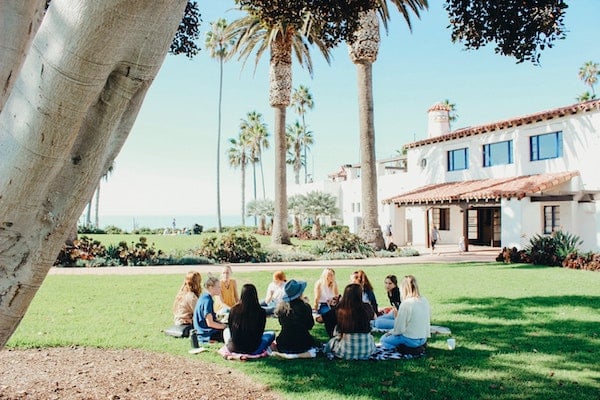Published on
The Commitment to Serving Students

Now more than ever, students need their institution to support their evolving needs, especially during a pandemic. The world has shifted, and everyone is forced to adapt to this new normal. Students are trying to navigate their education and careers along with their personal lives—and it’s tough to balance everything. Institutions need to show their commitment to supporting their students, and the Student Affairs department is key in executing this mission. In this interview, Vince Miller discusses the role Student Affairs play within the institution, the challenges to co-curricular engagement and how institutions can support Student Affairs divisions.
The EvoLLLution (Evo): What role do Student Affairs departments play in supporting the broader institutional mission?
Vince Miller (VM): The Student Affairs department has a direct impact on student retention and success through our important commitment to serving students outside the classroom. We deliver resources to assist with stress management, coping, resiliency, so students can better focus in class. Especially with everything going on with the global pandemic, students need that support. So, we deliver health services and wellness programs to minimize illness and the student can quickly return to being healthy. It’s important for us to provide opportunities for students to engage and connect through co-curricular programming, which helps build life skills for leadership in their community and careers. Social events are another key element for us, helping us connect the student to the identity of the institution and help solidify a sense of place and belonging among students.
Evo: What are some of the common challenges Student Affairs departments tend to face when it comes to co-curricular engagement?
VM: The biggest challenge is getting started. While we are great at delivering programs and services, we often do not intentionally connect them together to offer a pathway of co-curricular programs, which have an intentional impact on student learning and skills development. It’s difficult for departments to make these connections with other departments while delivering on their day-in, day-out programming responsibilities.
Evo: What are some best practices to overcome these obstacles?
VM: To offer students an intentionally connected co-curricular experience—a vision for what this could look like—we need to carve out shared and dedicated time for planning. I also suggest involving everyone from the teams in this planning effort. Once a unified vision is created, you will be surprised what experiences are created or collaborations are established when you get the entire group of professionals in a room working together on the solution.
Evo: What are some other benefits colleges and universities can realize by empowering and supporting their Student Affairs divisions?
VM: I am hopeful that the value of Student Affairs divisions is being seen more now than ever. With the amount of student support needed during the pandemic and after, the increasing number of student behavior interventions being requested and the significant expectation from students to provide engaging opportunities for them to socially connect, Student Affairs has been the go-to team to help keep retain and progress students at our institutions.
This interview was edited for length and clarity.
Disclaimer: Embedded links in articles don’t represent author endorsement, but aim to provide readers with additional context and service.



